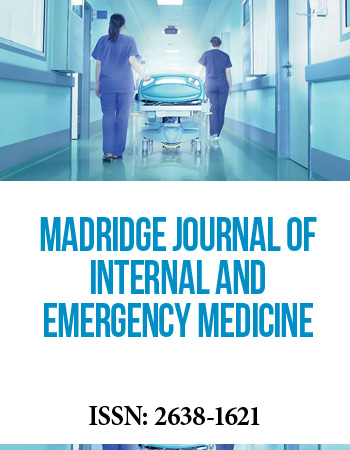International Translational and Regenerative Medicine Conference
April 25-27, 2018 | Rome, Italy
Protein Replacement Therapy for Mitochondrial Genetic Diseases
Institute for Medical Research Israel-Canada (IMRIC), The Hebrew University of Jerusalem, Israel
Modern medicine offers no cure for genetic mitochondrial disorders and the usual treatment is mostly palliative. We developed a novel concept for the treatment of mitochondrial disorders using Cell/Organelle-Directed Protein Replacement Therapy; the delivery of a wild type mitochondrial protein/enzyme directly to its sub-cellular location and into its natural complexes, in the form of a fusion protein. Our approach is to fuse a wild type mitochondrial protein, including the Mitochondrial Targeting Sequence (MTS), with the delivery peptide TAT [HIV-transactivator of transcription (TAT) peptide], which will lead the protein/enzyme into the cells and their mitochondria, where it will substitute for the mutated endogenous protein.
We tested this novel approach using a number of mitochondrial proteins, implicated in mitochondrial human diseases: Lipoamide Dehydrogenase (LAD), C6ORF66 (ORF), Frataxin (FXN) and methylmalonyl-CoA mutase (MCM), both in vitro, in patientsʼ cells and in vivo, in mouse models. TAT-MTS-Mitochondrial fusion proteins are rapidly and efficiently internalizing into cells and their mitochondria, both in patientsʼ cells and into mice tissues, including the brain. Treatment with the new TAT-MTS-Mitochondrial fusion proteins, improves mitochondrial functions and life span in animal models. One such fusion protein TAT-MTS-LAD is now being developed for human use. The novel approach may open new inroads in management of many incurable mitochondrial diseases.
Biography:
Dr. Lorberboum-Galski is a Full Professor at the Department of Biochemistry and Molecular Biology, Faculty of Medicine, Hebrew University of Jerusalem. After receiving her Ph.D. in Biochemistry from the Hebrew University, she became a postdoctoral fellow at the Laboratory of Molecular Biology, NCI, NIH, USA. Her main research area is Developing reagents for Targeted Human Therapy with the lately focus of mitochondrial genetic diseases. She published over 65 publications in peer-reviewed journals, review articles, edited a book on chimeric proteins and holds several patents. She served as the Head of the Department, Head of the Program for Biochemistry at the Faculty and many other committees. For the last five years she is the Chairman of the Institute for Medical Research (IMRIC) at the Faculty of Medicine, Hebrew University.


